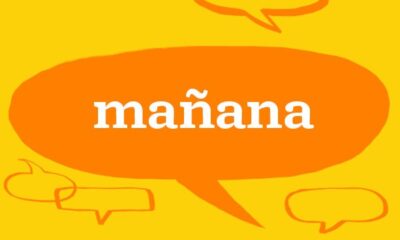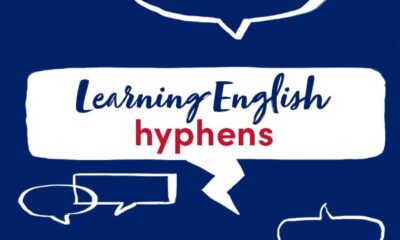Welcome back to our blog – it’s been a while, how are you doing today? If you’re catching up with a French-speaking friend, or meeting someone for the first time, you’ll probably want to ask each other how you are. As with English, there are several ways of asking and a variety of ways to reply.
When addressing others in French, it’s firstly important to remember that there are two forms of you:
- tu, which is singular and familiar
- vous, which is plural and/or formal
If you’re chatting to someone new, particularly someone older than you, it’s always safest to use the vous form. Many people prefer not to be addressed so formally and may well invite you use tu once you get to know them a little (on peut se tutoyer – we can use ‘tu’).
Subject pronouns aside, the easiest way to ask others how they’re doing is:
- Ça va ? How are you? / How are things?
Some people include the question word too, making the phrase comment ça va ? In either form, a quick question like this will usually invite an equally short reply, so bear that in mind if you want details.
There is of course a more formal way of posing the question, which you can also use if you are addressing more than one person:
- Comment allez-vous ? How are you?
This is an example of an inverted construction, where the verb appears before the noun or pronoun. Inversion is always considered more formal in French. So although you can also say comment vas-tu ? using the informal tu form, this is considered more formal than comment tu vas ? for example.
Other ways of asking someone else how they are in French include:
- Ça va bien ? or Vous allez bien ? Are you well?; Are things going well?
- Comment tu te portes ? or Comment vous portez-vous ? How do you feel?; How are you feeling? This kind of question usually invites a fuller reply, so you might ask this if someone hasn’t been well, for example.
- Quoi de neuf ? or Quoi de nouveau ? What’s happening?; What’s new with you? One to use in a more informal setting with a friend, rather than someone you’ve just met.
- Quoi de beau ? What’s up? This literally translates as, what’s beautiful? Another informal expression that invites the person to share some positive or pleasant news.
When it comes to responding to a question about how you’re doing, French people generally tend to reply to ça va ? with a simple yet positive response, similar to how we would use fine in English.
The following phrases are a mixture of formal and informal responses to someone asking how you are:
- Très bien, merci. Very well, thank you.
- Je vais bien, merci. I am doing well, thank you.
- Ça va (bien). I’m fine. / Things are good.
- Super ! Great!
- Pas mal. Not bad.
- Bof… Meh…
- Pas terrible. Not awful, not great.
Almost invariably, the same speaker should then follow any of the responses above with Et vous ? or Et toi ?, meaning And you?
Finally, it’s worth noting that while aller can be used to give general statements about how you are, être would be used if you are giving more specific information about your mood or your health at the moment:
- Je vais mieux / pire. I’m (feeling) better / worse. (aller)
- Je suis malade. I’m sick. (être)
- Je suis content(e). I’m pleased. (être)
To help you build your French conversation skills, check out our blog here again next month. In the meantime, we hope you stay well – remember to keep practising your phrases so you can ask someone how they’re getting on.
Written by Holly Tarbet, freelance copywriter and editor.
All opinions expressed on this blog are those of the individual writers, and do not necessarily reflect the opinions or policies of Collins, or its parent company, HarperCollins.



